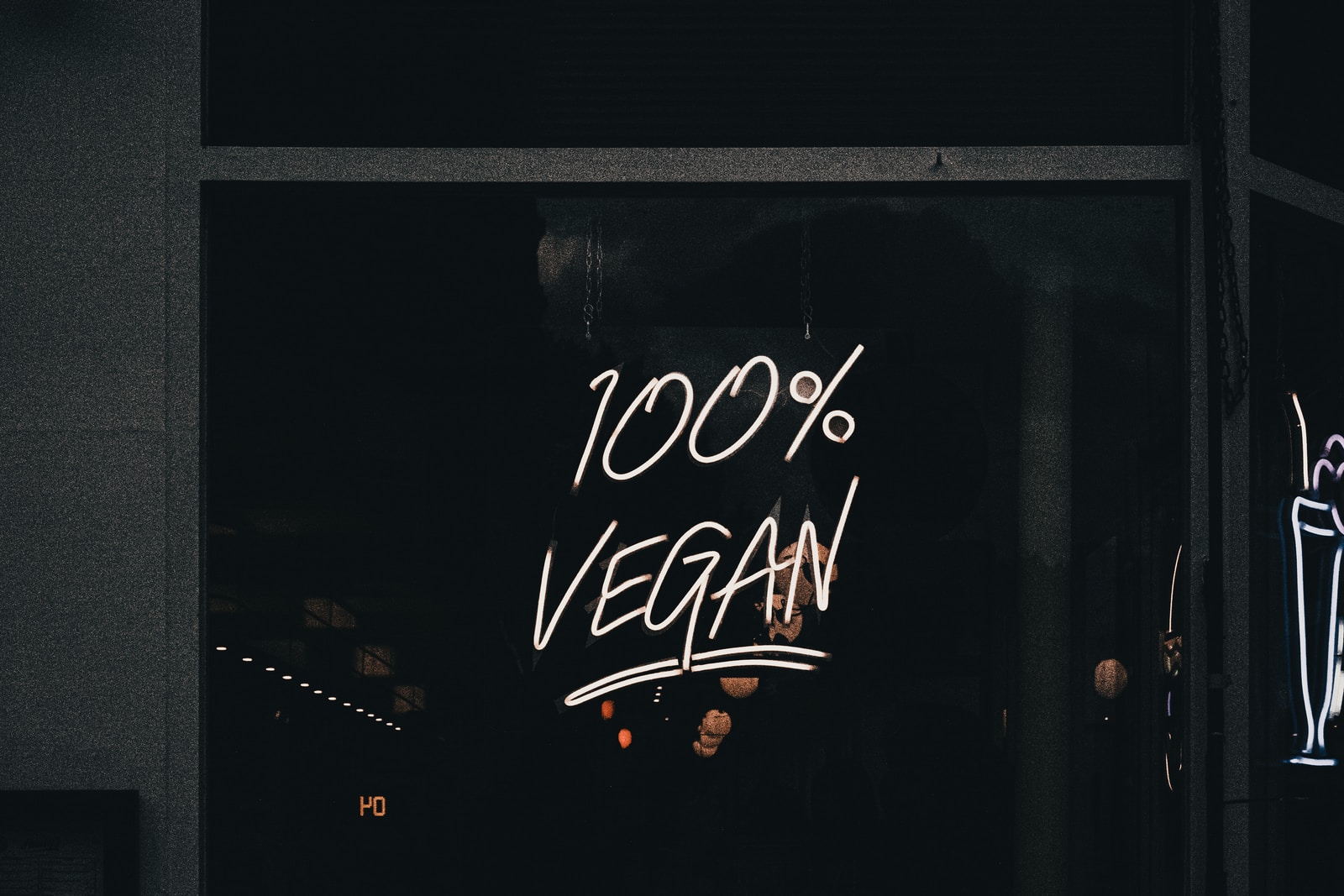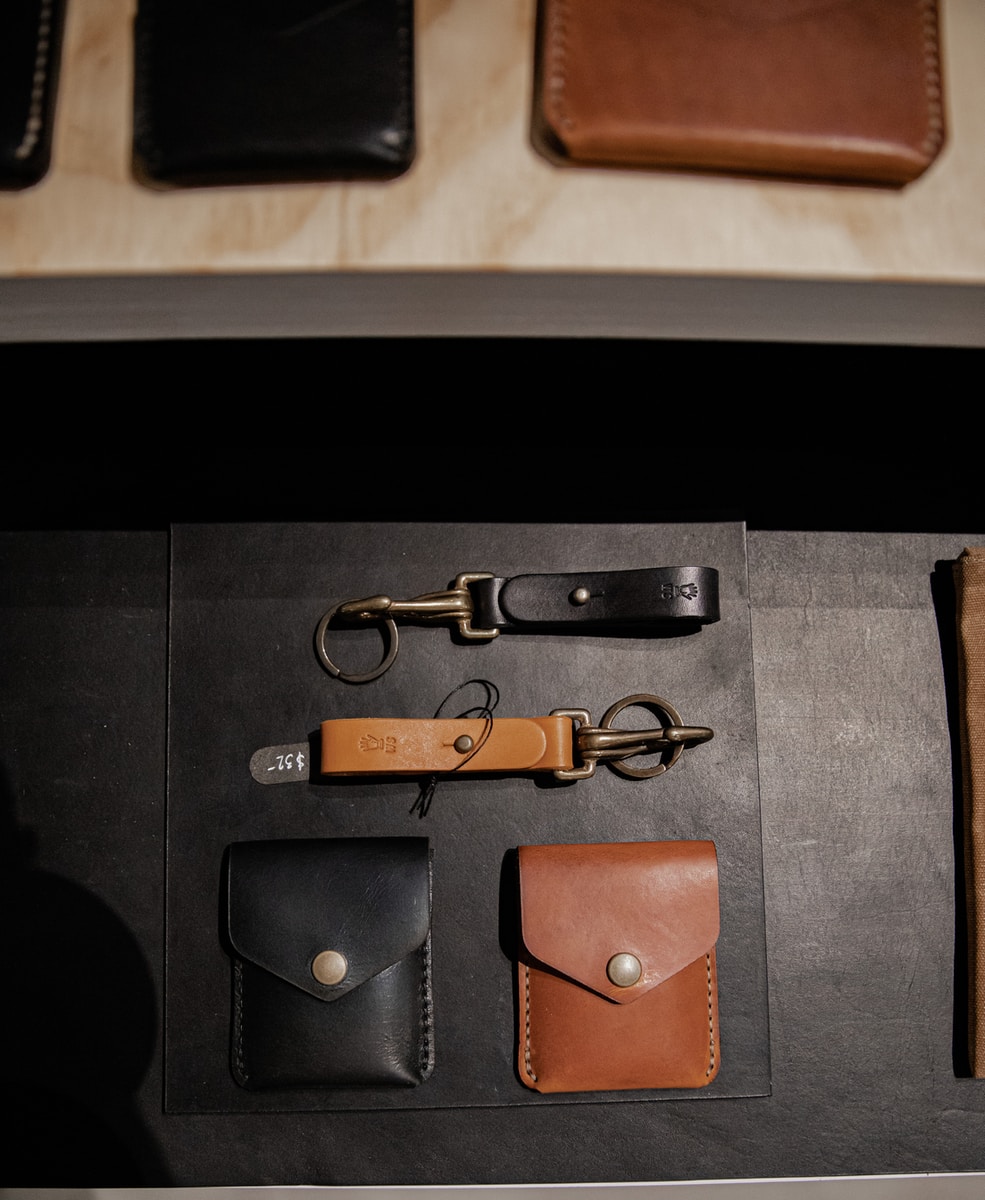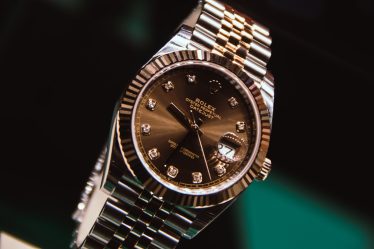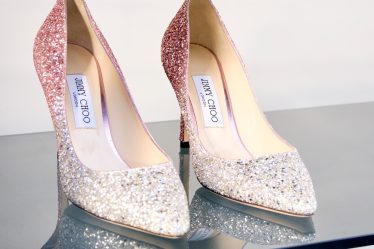
The Vegan Society, a British charity, has published a new report titled “The Rise of Vegan Fashion” that highlights the increasing importance of leather alternatives within the fashion industry. The main takeaway from it? More than 70% of the 1,000 respondents said they would prefer to spend more on leathers made from plant materials over those made from animal products, which is a sign that there is a growing demand.
More and more luxury brands, from high-end labels to high-end houses, are making a commitment to ethical and sustainable options. Canada Goose and Neiman Marcus are among the latest brands to ban fur from collections. They join Prada, Gucci, and H&M.
Nick Drewe, an e-commerce expert from coupon provider WeThrift, explained in the press release that brands are responding to customers’ preferences and social shifts. Fashion companies are looking for alternatives to leather and suede, as well as new materials like Nullarbor and Bamboo, as they have seen a 43% increase in products that are referred as “vegan” in the UK.
Online retailers are increasingly targeting customers who are interested in responsible fashion and diversifying their offerings with eco-conscious items. According to the Vegan Society’s survey, almost 50% of customers want more vegan-verified clothing across all categories.
The Vegan Trademark was established in 1990 and is the oldest worldwide. It credits vegan products with being completely free of animal ingredients. Three decades later, there are many improvements that can be made. Many of the materials and processes used to create fashion items do not contain any animal ingredients. You can think of synthetic leathers, metals as well as fabric dyes, adhesives, glues, and other materials.
Customers’ perceptions need to change so that they are more aware of the extent of the problem. The Vegan Society found that only 37% of customers believe leather from cows is cruel, while almost 60% believe skins from exotic animals are. 34% of respondents think that plant-based leather can be ethical. While’sustainable’ is often the first thing that consumers think of when they hear the term, plant-based leather can also be referred to as innovative or modern, which shows that there are still opportunities for improvement in the industry.
Vegan leather is made mostly from plant materials. It can be a more durable and sustainable option to animal-based leather. Pinatex was one of the first to be developed from plant materials. Hugo Boss is among the many fashion brands that use it. Although it is made from pineapple leaf waste, there are many other options available. Cactus, mushroom and apple leathers are becoming more popular.
Although many brands are still learning about vegan fabrics, and are slowly making ethical choices, there are some that are leading the charge – and they are not always the ones we would expect. WeThrift’s Inclusive Index study revealed that ASDA was the first supermarket to offer vegan fashion products.





